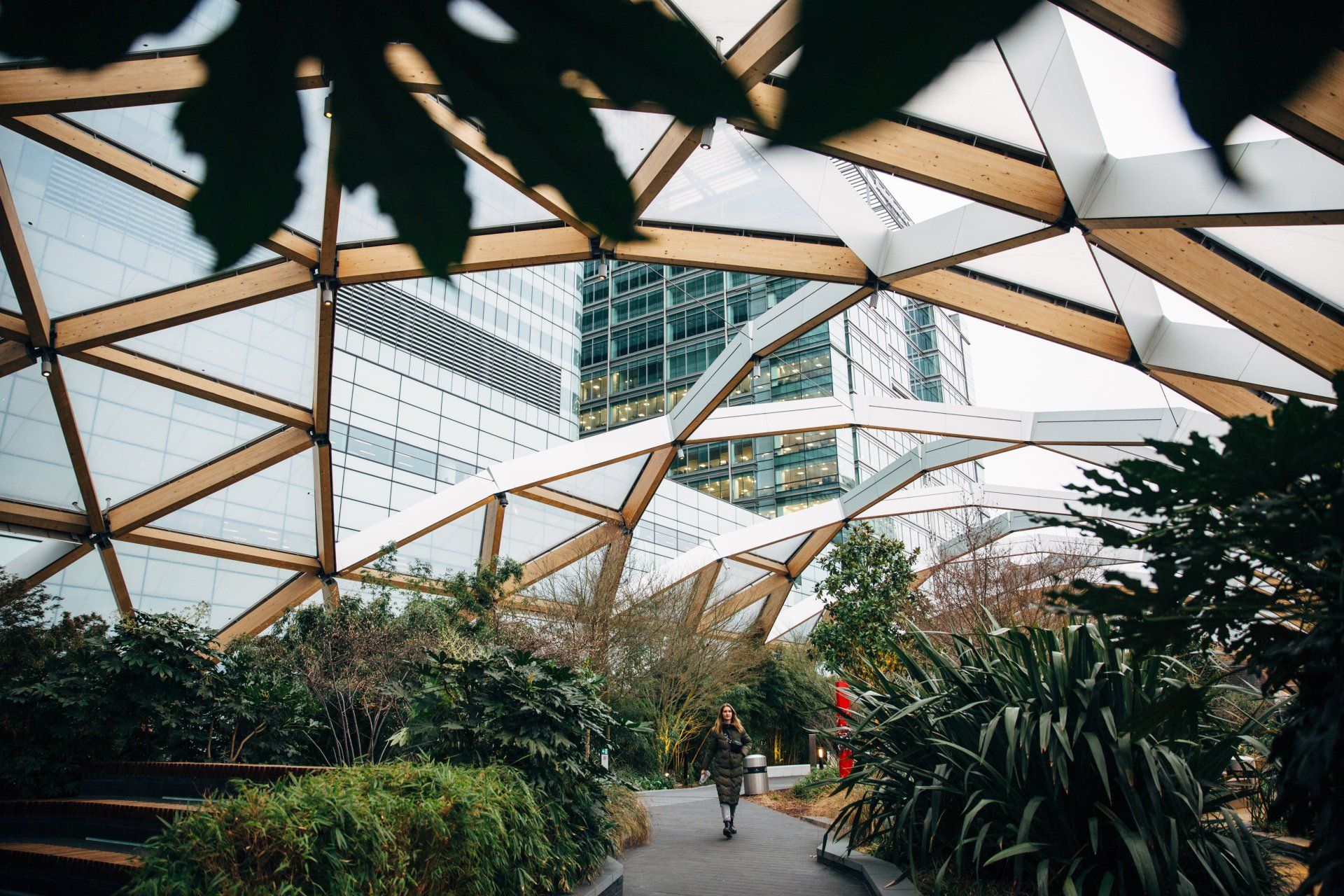In a new report the Transport Committee has urged the government that the experience of charging an electric vehicle (EV) must be convenient, straightforward, and inexpensive.
EV charging shouldn’t be a ‘postcode lottery’
The committee stressed that EV owners shouldn’t face a postcode lottery when it comes to the accessibility of chargers. Suggesting that easy access and reliable charging must be available everywhere across the country by 2030 as to not put rural and off-grid areas at a disadvantage.
Stress on the grid
As to not cause problems to the grid the government must insist that the industry uses price to change charging habits to a ‘little-and-often’ approach, incentivising people to charge at off-peak times. The committee also notes they must work to strengthen grid capabilities overall.
Working with the National Grid to identify areas where infrastructure coverage is lacking or where EVs are likely to place additional strain on the network would be essential.
Policy recommendations
Also recommended by the committee is that the government makes public charging provisions a requirement of local developments, works to protect public charging customers from excessive rates, and addresses discrepancies in VAT rates to ensure fairer pricing structures between domestic and public charging options.
Additionally, it calls for a zero-emission vehicle mandate to be introduced to incentivise car manufacturers to steadily increase sales of zero emission vehicles and gradually phase-out internal combustion models.
British Gas Business
The demand for EV charging is rapidly increasing, what is your business doing in response? At British Gas our on-site EV charging solutions cover everything from design and finance, to installation and maintenance – simplifying the rollout and minimising disruption to your business. Discover more below.




